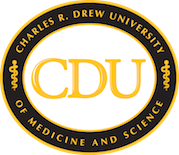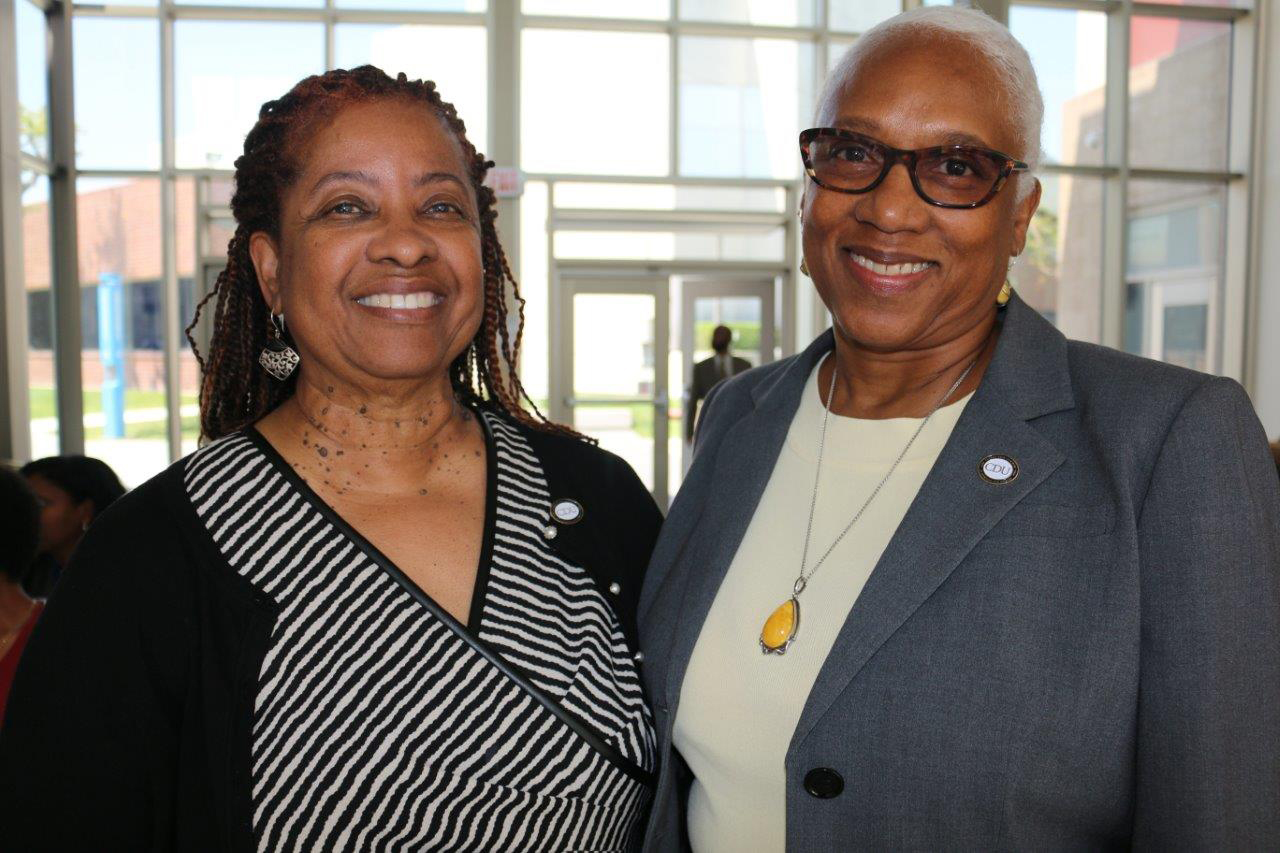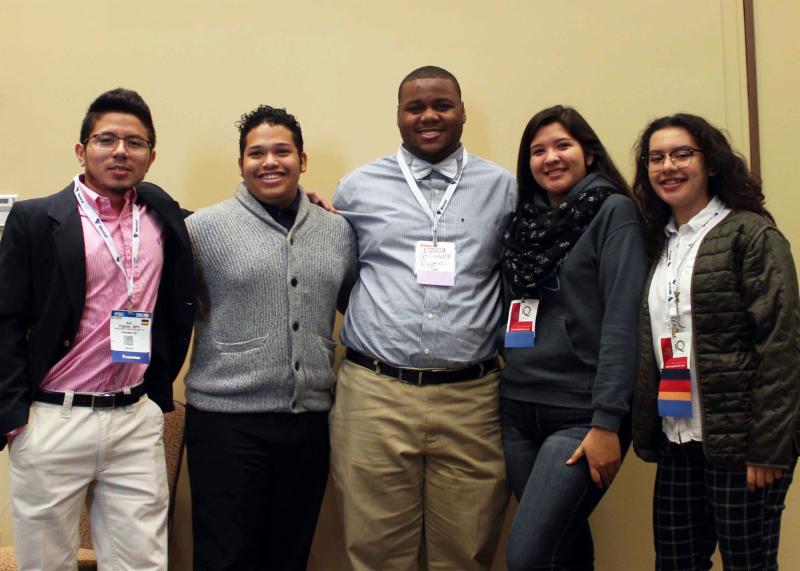In the News
This space is for news stories from our members. Please send us your announcements to be posted here.
Help Support Youth Leaders Attend APHA 2016 - Donate Today!
The Community-Based Public Health (CBPH) Caucus wants to support five committed youth leaders to attend and participate in the 2016 American Public Health Association (APHA) Conference in Denver, CO. And we're hoping that you and other community-minded public health professionals will pitch in toward a "Go Fund Me" fundraising campaign to help make it happen.
As you know, the CBPH is a part of APHA, and we are committed to fostering the practice and understanding of CBPH in research, teaching, and practice. With a CBPH approach, communities work in partnership with public health practitioners and academics to identify issues, mobilize resources, and implement strategies to solve problems. We involve youth because we know how important it is to make sure this important, collaborative work continues into the next generation.
Empowering our youth to attend the annual APHA Conference is a critical component toward helping them to become the public health leaders of the future. Their participation also gives APHA conference participants the opportunity to hear, first hand, the voice of today's youth, as they deal with a wide range of public health issues and concerns.
Please visit our "Go Fund Me" page to learn more about CBPH Caucus youth activities--and to contribute toward helping bring critical youth perspectives and passion to our public health arena. Any amount is greatly appreciated.
Translational Research in Action - Research Scholars Share Their Research with the
Local Community
by Norma Mtume, MA, MFT, MHS, and Aziza Lucas-Wright, MEd
Have you ever heard of community people mentoring medical professionals? Well, that is exactly what is happening in South Los Angeles, California at Charles Drew University of Medicine and Science.
Clinical Research Education and Career Development (CRECD) is a training grant (R25) funded by the National Institute on Minority Health and Health Disparities. The principal investigator is Dr. Mohsen Bazargan and the co-investigator is Dr. Thomas Yoshikowa. The goal of the program is to provide training and mentoring in health disparities and community-partnered research (CPPR) to minority scholars and junior faculty at CDU, who have shown great academic promise but who still need advanced skills, close mentorship, and other support to become successful, independent scientists. Scholars are provided with a cadre of mentors, including one community faculty mentor each, to support their efforts.
 Researchers are tasked to build and demonstrate their skills for bidirectional (academic/community)
knowledge transfer (learning) for the purpose of facilitating translational science.
Community faculty mentors are Aziza Lucas-Wright, MEd and Norma Mtume, MA MHS. Lucas-Wright
and Mtume work with the researchers to facilitate exposing them to the issues that
are relevant to the service community through attendance at health-related forums
presented in the community that have had significant community input for conceptualization,
planning, and implementation. Researchers and community mentors meet regularly to
discuss the scholar's progress in meeting their goals and to help continually provide
a community perspective for the work. Meetings often consist of bidirectional learning
opportunities for the researchers and mentors. Research scholars have been provided
with publications and books to help them gain a better idea of what residents in communities
of color understand about research implications so that the researchers can ensure
past unethical research practices are not repeated. Additionally, they want to understand
the historical backdrop that has shaped the opinions and responses to research in
communities of color and lack of privilege.
Researchers are tasked to build and demonstrate their skills for bidirectional (academic/community)
knowledge transfer (learning) for the purpose of facilitating translational science.
Community faculty mentors are Aziza Lucas-Wright, MEd and Norma Mtume, MA MHS. Lucas-Wright
and Mtume work with the researchers to facilitate exposing them to the issues that
are relevant to the service community through attendance at health-related forums
presented in the community that have had significant community input for conceptualization,
planning, and implementation. Researchers and community mentors meet regularly to
discuss the scholar's progress in meeting their goals and to help continually provide
a community perspective for the work. Meetings often consist of bidirectional learning
opportunities for the researchers and mentors. Research scholars have been provided
with publications and books to help them gain a better idea of what residents in communities
of color understand about research implications so that the researchers can ensure
past unethical research practices are not repeated. Additionally, they want to understand
the historical backdrop that has shaped the opinions and responses to research in
communities of color and lack of privilege.
To demonstrate their bidirectional knowledge transfer skills, community symposia were held. October 24, 2014 in recognition of breast cancer awareness month, Dr. Yanyuan Wu, CRECD Research Scholar, gave a presentation entitled "Pink Bag Lunch Symposium - Breast Cancer Awareness.” Joining Dr. Wu was Dr. Jaydutt Vadgama, Executive Vice President for Research and Health Affairs, Director, Center to Eliminate Cancer Health Disparities, Chief, Division of Cancer Research and Training at Charles R. Drew University along with Professor David Geffen, UCLA School of Medicine; and on May 20, 2015 a second forum featuring CRECD Research Scholars was held entitled "Research: What's New, What's Possible.” This symposium showcased three CRECD researchers from CDU: Dr. Victor Chaban: "Visceral Pain and Functional Disorders: Is It All in Your Head?"; Dr. James Tsao: "Can Stem Cells Help Repair Muscle?"; and Dr. Hamed Yazdanshenas: "Treatment of Hypertension and Resistant Treatment.”
 There was a mock presentation at which time Community Mentors Lucas-Wright and Mtume,
Dr. Yoshikowa, and Dr. Lee Irons, program coordinator, previewed the scholars' presentations
to ensure that: 1) the presentation was conducted in language that non-scientific
participants could comprehend, 2) recommendations on how to best engage the listeners
were provided, 3) simplified statistical information and 4) scholars incorporated
images as opposed to excessive wording.
There was a mock presentation at which time Community Mentors Lucas-Wright and Mtume,
Dr. Yoshikowa, and Dr. Lee Irons, program coordinator, previewed the scholars' presentations
to ensure that: 1) the presentation was conducted in language that non-scientific
participants could comprehend, 2) recommendations on how to best engage the listeners
were provided, 3) simplified statistical information and 4) scholars incorporated
images as opposed to excessive wording.
The scholars delivered engaging presentations that proved to be were great bidirectional learning opportunities. Participants were engaged and demonstrated their understanding of the research by questions and discussion following each presentation.
Another novel feature of the symposium was fifteen (15) copies of the transformative book “The Immortal Life of Henrietta Lacks” were given away in a drawing with a word of encouragement to develop book/study groups to discuss this incredible story of research and community.
Community responses to the presentation were captured on the evaluation forms. Symposium participants were asked about their level of trust in researchers/research, and after having participated in this symposium, whether they would be willing to participate in research in the future. The response was overwhelmingly positive and affirmative regarding participation as a result of the symposium.
For additional information about CRECD, visit: http://www.cdrewu.edu/res/centers/CRECD#Overview

